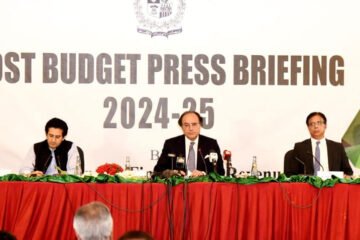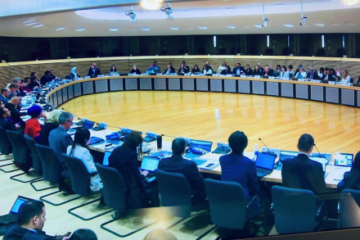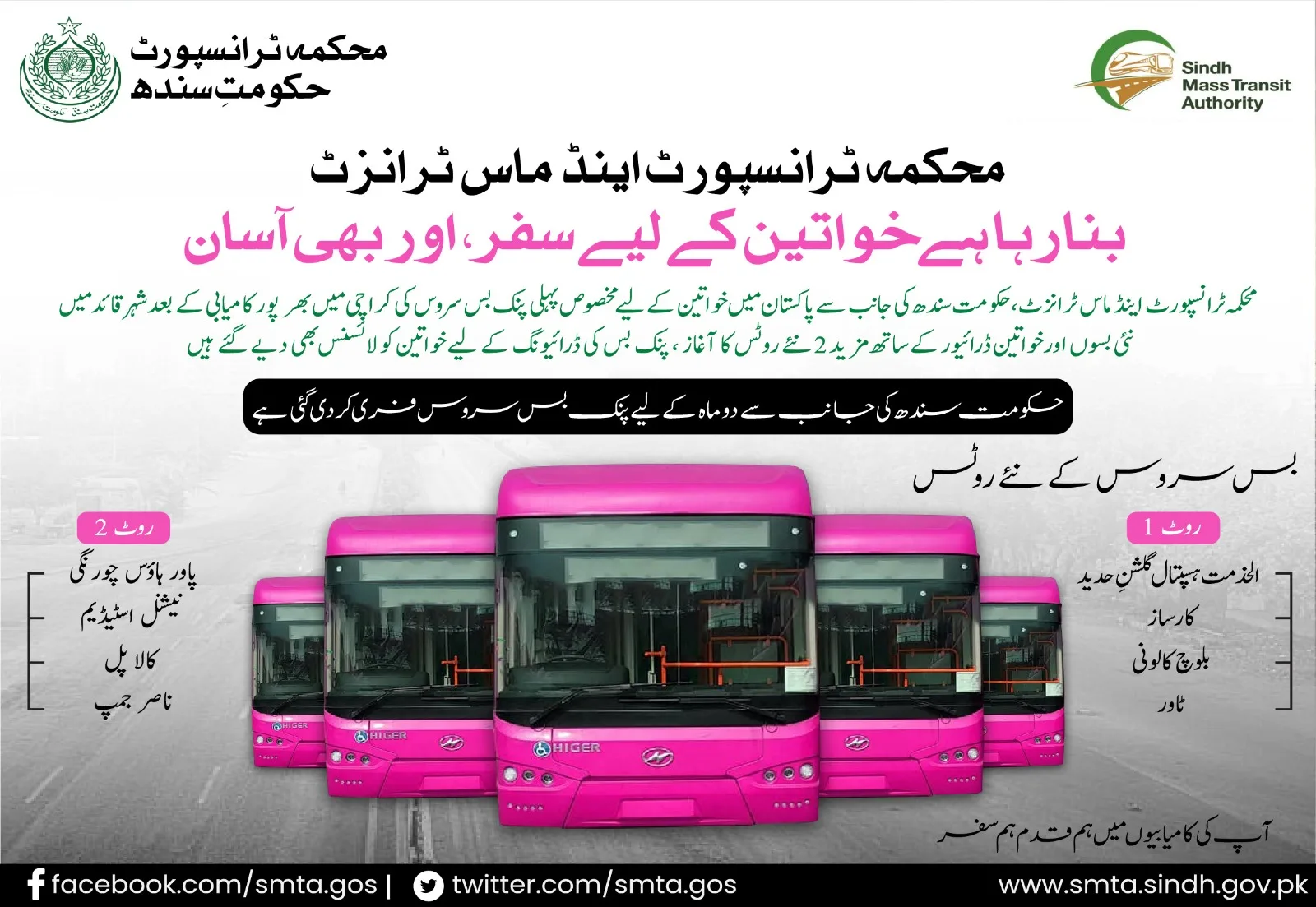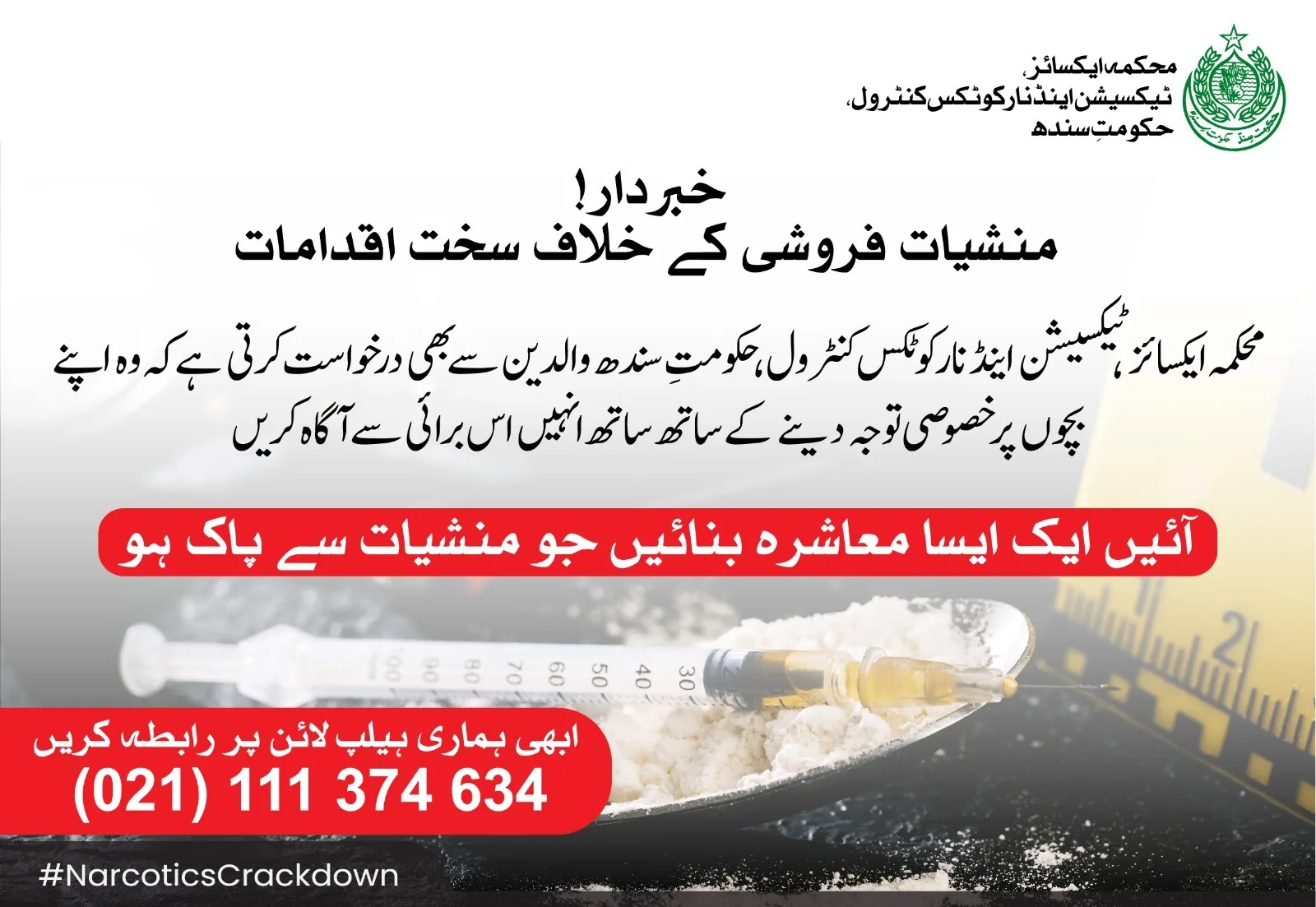PEMA seeks reduction in duties, taxes for raw-material

Lahore: Duties and taxes on raw material be reduced and incentives on export of goods be increased. Afghan Transit Trade should preclude all Home Appliances products locally produced.Drive to bring the Sales channel into tax net with POS terminals be accelerated to ensure tax compliance on market transactions, release of tax refunds for companies on hold since last 40 months. Trade data with China should be completely in sync with PRAL data to eliminate under-invoicing and mis-declaration.
Theses views were expressed by Pakistan Electronics Manufacturers Association (PEMA) president Nasim Farooq while talking to media at a local hotel on Friday.
He said that amnesty scheme for whitening and tax assessment relief scheme for market dealers is a must at this time.
Tasawar Hanif, Zeid Saighol, Haroon A Khan, Ms Naimmin Yang and others were present on the occasion.
Pakistan Electronics Manufacturer’s Association is the Trade body representing manufacturers of Electronics, and Home Appliances products in Pakistan,he added, explaining, PEMA is registered under the Trade Body Act of Government of Pakistan. Currently it has members in its forum.
Pakistan Home Appliances Industry comprises of Refrigerators, Air conditioners, Televisions, Washing Machines, Water Dispensers, Small Kitchen Appliances, Home Theatres and other devices. The estimated size of the Home Appliances industry is valued at Retail Price of PKR 350 Billion (prices Dec 2021). The Industry is contributing around PKR 125 billion to the exchequer – PKR 60 billion Sales Tax, 15 Billion Income Tax and about PKR 50 billion Custom Duties& other levies.
PEMA estimates that there are about 5,000 shops operated by about 2,500 dealers & establishments across Pakistan that sell our products. Total number of people directly employed by PEMA members, vendors that manufacture our parts & components, technicians that provide after sales services, sales persons in shops and others who are part of the entire PEMA eco-system is estimated at about 100,000 individuals. These affect millions of people in their respective families and reach.
These Home Appliances industry products cater to Pakistan’s “emerging middle class” as these products are now essentials to a Pakistani home. There is a general misconception thatthese products are for the rich and elite. Food security, in-expensive and healthy home awareness & entertainment and home convenience are the key needs that our products fulfill for a modern living.
The Home Appliances Industry in Pakistan has gone through a roller coaster ride since the ‘70s. Opening of the Afghan Transit Trade gave way to rampant smuggling and under-invoicing. The formal sector lost out to the mafia of traders and khaipias. This went on till 2018. However, since then there have been some external and internal factor that is beginning to create a level playing field for the formal sector. These are increase of product prices in China, huge upsurge inshipping cost from China to Pakistan, FATF laws curtailing grey channel payments, inclusion of Home Appliances in Schedule III of Sales Tax and now the drive of government to bring market transactions into the tax ambit.
Since 2018, the local manufacturing industry has matched the opportunity. It has invested millions of dollars in enhancing local production, and manufacturing of components. This has created many new jobs, increased value addition, thereby “import substitution”. New plans for re-export of products to regional markets and further downstream projects are on the cards.











